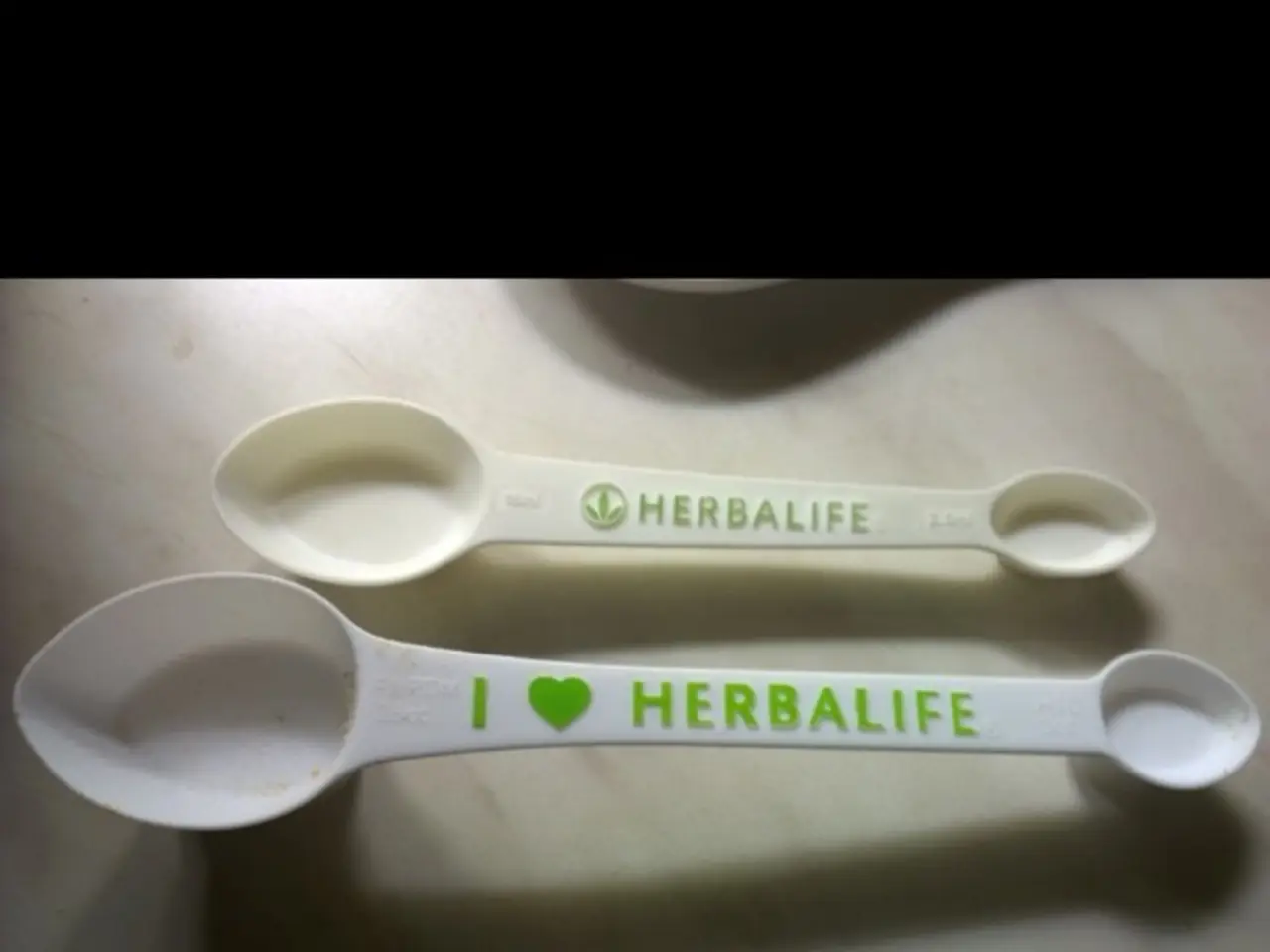Advantages of Glycolic Acid: Its Impact and a Natural Substitute
Embracing the New Era of Skincare: Customizing Formulas for Dry Skin with Glycolic Acid
Hey there! Let's dive into the world of skincare and understand the crucial role of glycolic acid in addressing dry skin issues. Don't you just hate it when your go-to skincare products leave your skin parched and flaky? It's time to rethink the conventional cosmetics industry and cater to unique skin types like never before.
Glycolic acid, a popular alpha-hydroxy acid, has impressively found its way into various skincare products due to its exfoliating benefits. It's derived from sugarcane and is quite effective in penetrating the skin on a deeper level, offering a gentle exfoliation without requiring abrasive methods.
The Magic of Glycolic Acid: Exfoliation, Renewal, and More!
If you were wondering what exactly glycolic acid does, here's a quick lowdown: it helps break the bonds between dead skin cells in the outer layers, thereby promoting a smoother, softer complexion with a more even texture. Unfortunately, its benefits for dry skin are not quite universal, and we'll soon dive into why.
Glycolic Acid: Friend or Foe for Dry Skin?
Undoubtedly, glycolic acid offers numerous advantages, but it also has some drawbacks for those with dry skin. With its powerful exfoliating properties, it may strip the skin of natural oils, leading to irritation, redness, dryness, and even an increased risk of sunburn. So, what's a dry-skinned beauty to do?
A Breath of Fresh Air: ApibreezeTM
Enter ApibreezeTM, a natural alternative to glycolic acid that's tailored for dry skin. Developed with biotechnological polyhydroxy acids (PHAs) and multifloral honey, ApibreezeTM embraces the concept of "slow beauty." It targets dry skin issues while simultaneously offering hydration, nourishment, and gentle exfoliation without triggering irritation. Say goodbye to inflammatory reactions commonly associated with other exfoliating agents!
Embracing Nature: Natural Exfoliating Alternatives for Dry Skin
If you're eager to explore other natural exfoliating options suitable for dry skin, we've got you covered. Here are some options that deliver hydration, nourishment, and gentle exfoliation:
- Oatmeal Scrub: Gentle on dry skin, oatmeal acts as a physical exfoliant while offering a calming and hydrating effect. Mix equal parts oatmeal with rose water or milk to create a soothing scrub.
- Goat Milk: Rich in lactic acid, goat milk provides mild exfoliation while nourishing and hydrating dry skin deeply. Its fat content and proteins support skin barrier function and elasticity.
- Honey and Oatmeal Combination: Combining raw goat milk or honey with oatmeal creates a hydrating and exfoliating treatment that's perfect for dry skin. Honey is also a natural humectant that helps retain moisture.
- Fruit Enzymes (Papaya or Pineapple): Natural fruit enzymes from papaya or pineapple gently exfoliate dead skin cells without causing abrasion. They smoothen the texture without stripping moisture.
- Exfoliating Bar Soaps with Natural Oils and AHAs: Organic coconut oil, shea butter, and natural alpha hydroxy acids found in handcrafted exfoliating bar soaps softly exfoliate while nourishing dry skin, promoting skin regeneration and a healthier complexion.
Glycolic acid's powerful exfoliating properties may not be friendly to dry skin, as it can strip natural oils, causing irritation, redness, dryness, and an increased risk of sunburn. ApibreezeTM, a natural alternative, embraces the concept of "slow beauty" by offering a hydrating, nourishing, and gently exfoliating solution for dry skin, using biotechnological polyhydroxy acids and multifloral honey. When looking for natural exfoliating options suitable for dry skin, one can consider oatmeal scrub, goat milk, a honey and oatmeal combination, natural fruit enzymes from papaya or pineapple, or exfoliating bar soaps with natural oils and alpha hydroxy acids for a healthier complexion.








